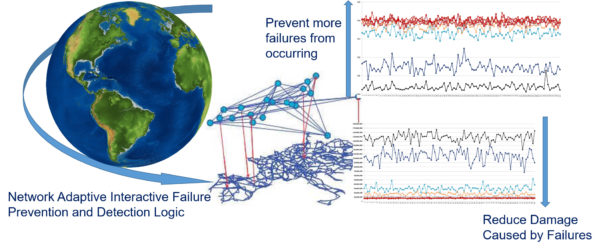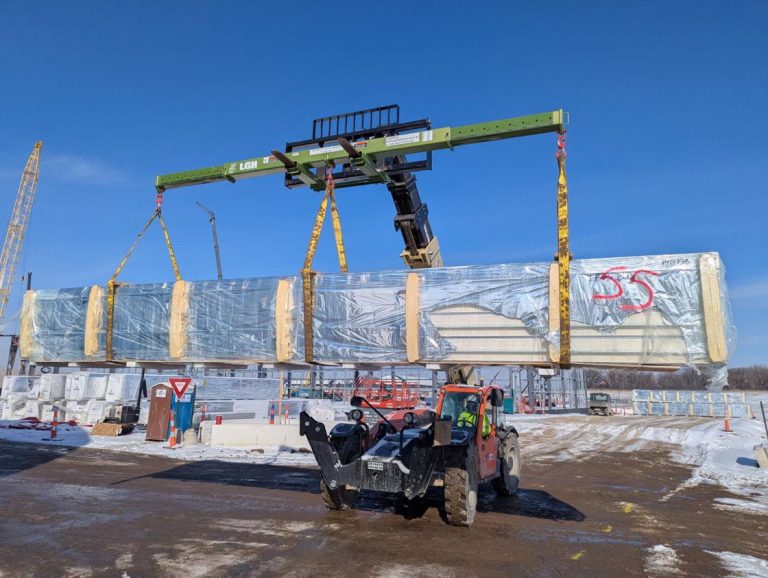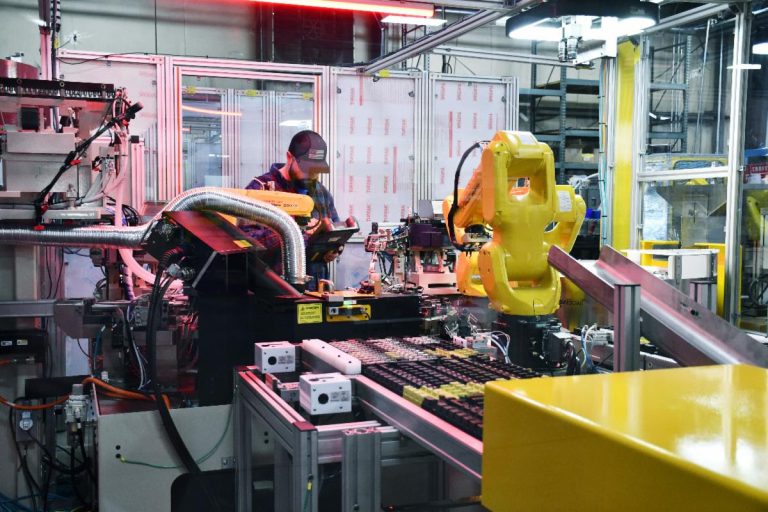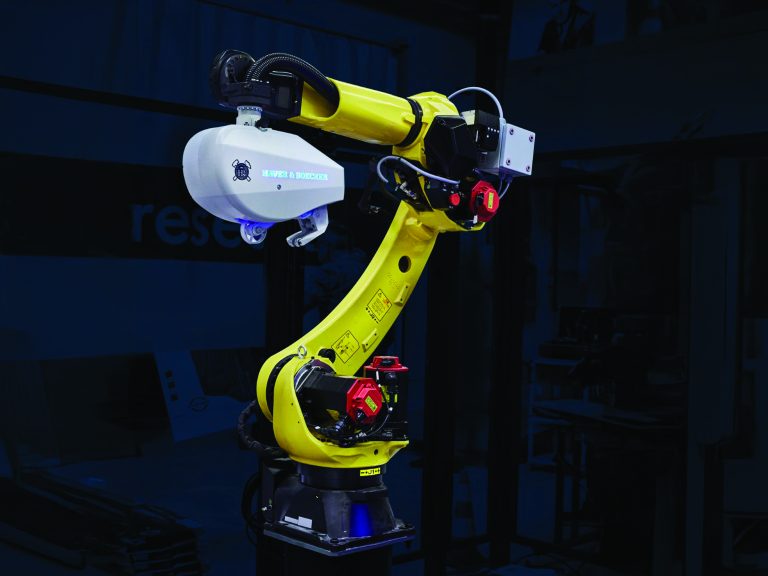The COVID-19 pandemic has forced public health, supply chain, transportation, government, economic and many other entities to interact in real-time. One of the challenges in large systems interacting in this way is that even tiny errors in one system can cause devastating effects across the entire system chain.
Now, Purdue University innovators have come up with a possible solution: A set of patented algorithms that predict, identify, diagnose, and prevent abnormalities in large and complex systems.

“It has been proven again and again that large and complex systems can and will fail and cause catastrophic impact,” said Shimon Y. Nof, a Purdue professor of industrial engineering and director of Purdue’s PRISM Center. “Our technology digests a large amount of data within and across systems and determines the sequence of resolving interconnected issues to minimize damage, prevent the maximum number of errors and conflicts from occurring, and achieve system objectives through interaction with decision-makers and experts.”
Nof said the Purdue technology would be helpful for smart grids, health care systems, supply chains, transportation systems and other distributed systems that deal with ubiquitous abnormalities and exceptions, and are vulnerable to cascading or a large number of failures.

This technology integrates constraint modeling, network science, adaptive algorithms, and state-of-the-art decision support systems.
“Our algorithms and solution apply systems science and data science to solve problems that encompass time, space and disciplines, which is the core of industrial engineering,” said Xin Chen, a former graduate student in Nof’s lab who helped create the technology.
Nof said the novelty of the technology lies in three main areas. First, analytical and data mining tools extract underlying network structures of a complex system and determine its unique features. A robust set of algorithms then are analyzed based on the objectives for system performance, structures, and features of fault networks in the system. Finally, algorithms with specific characteristics are applied to manage errors and conflicts to achieve desired system performance.
The innovators are working with the Purdue Research Foundation Office of Technology Commercialization to license this patented technology. The office recently moved into the Convergence Center for Innovation and Collaboration in Discovery Park District, adjacent to the Purdue campus.
The researchers are looking for partners to continue developing their technology. For more information on licensing and other opportunities, contact Dhananjay Sewak of OTC at dsewak@prf.org and mention track code 65241.
This technology is part of the team’s work at Purdue’s PRISM Center, focused on production, robotics, and integration software for manufacturing and management.











